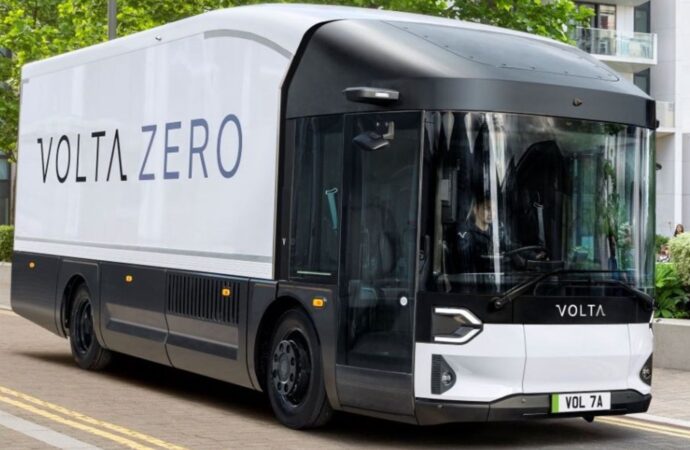The collapse of electric truck maker Volta Trucks highlights the challenges faced by scale-ups in the EV manufacturing sector, particularly in securing funding and managing supply chain risks.
Volta Trucks, a Swedish-based electric truck start-up, has announced that it will file for bankruptcy after struggling to secure funding due to problems with its battery supplier. The company had been conducting customer trials of its all-electric truck, the Volta Zero, in both the UK and Europe, and had recently opened a service hub in north London.
The collapse of Volta Trucks is a significant blow to the company’s workforce, with 850 jobs under threat, 600 of them in the UK. However, the company’s assets could be attractive to potential buyers, given the growing demand for zero-emission vehicles in the race towards achieving net-zero emissions to combat climate change.
One of the main challenges faced by Volta Trucks, like many other scale-ups in the EV manufacturing sector, was the difficulty in raising sufficient capital. The uncertainty surrounding the company’s battery supplier, Proterra, which filed for Chapter 11 bankruptcy, had a significant impact on Volta Trucks’ manufacturing plans, reducing the volume of vehicles it had forecasted to produce. This, in turn, affected the company’s ability to raise funds in an already challenging capital-raising environment for electric vehicle players.
The collapse of Volta Trucks serves as a reminder of the importance of managing supply chain risks in the EV industry. Dependence on a single supplier can leave companies vulnerable to disruptions, such as bankruptcy filings, which can have a cascading effect on their manufacturing plans and ability to raise funds. Diversifying the supply chain and ensuring robust contingency plans can help mitigate such risks.
Despite its demise, Volta Trucks had received positive feedback during its customer trials and had a strong pipeline of highly reputed customers interested in introducing its Volta Zero Trucks into their fleets. The company’s innovative zero-emission commercial vehicle, with its central driving position and improved safety features for cyclists and pedestrians, had the potential to contribute to the transition towards sustainable transportation.
In conclusion, the collapse of Volta Trucks highlights the challenges faced by scale-ups in the EV manufacturing sector, particularly in securing funding and managing supply chain risks. While the company’s demise is unfortunate, it also presents an opportunity for potential buyers to acquire its assets and contribute to the race towards net zero. The lessons learned from this case emphasize the importance of diversifying supply chains and ensuring robust contingency plans to mitigate risks in the rapidly evolving EV industry.









